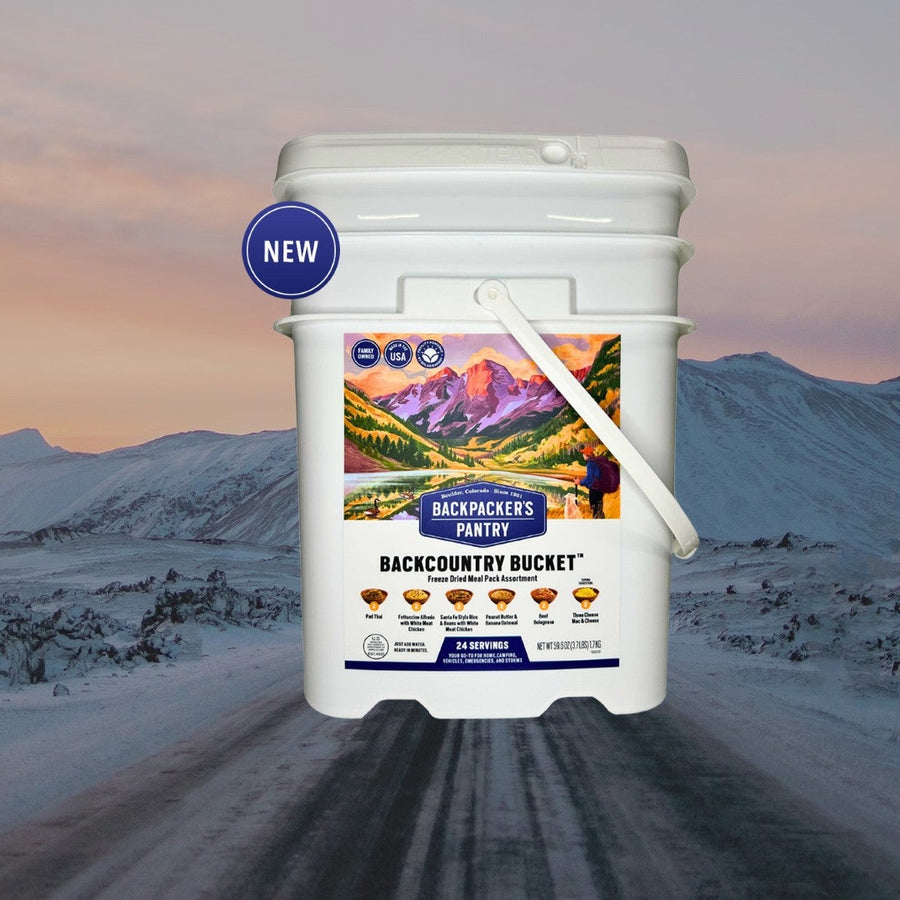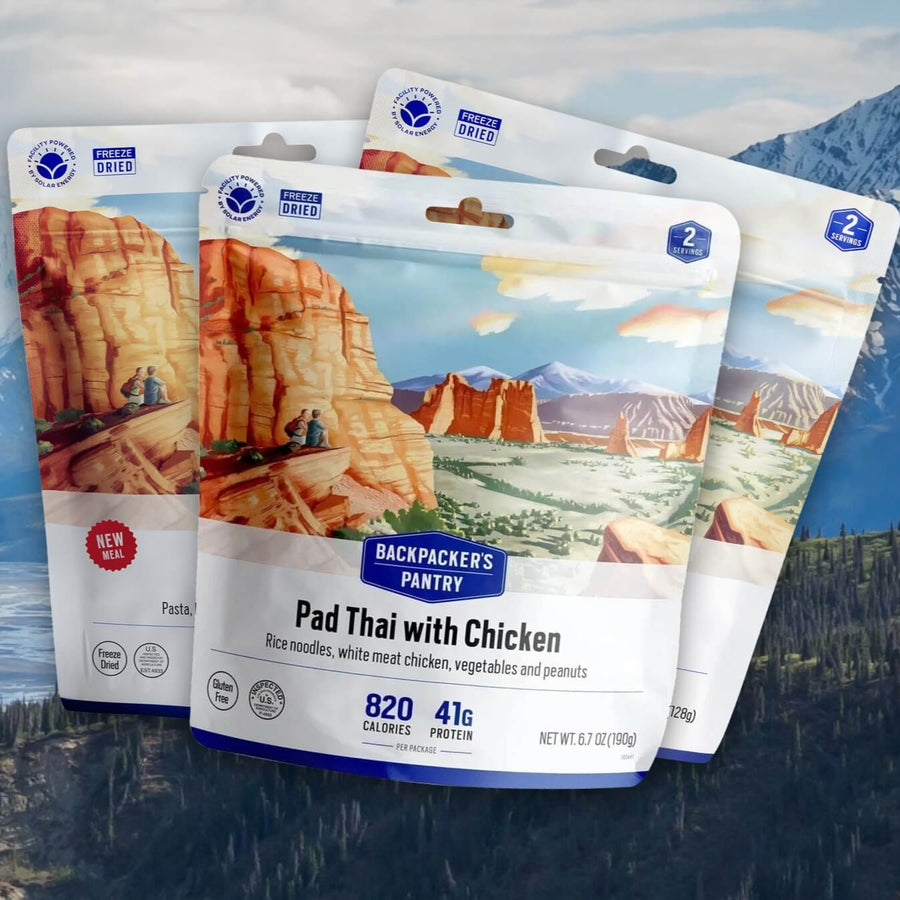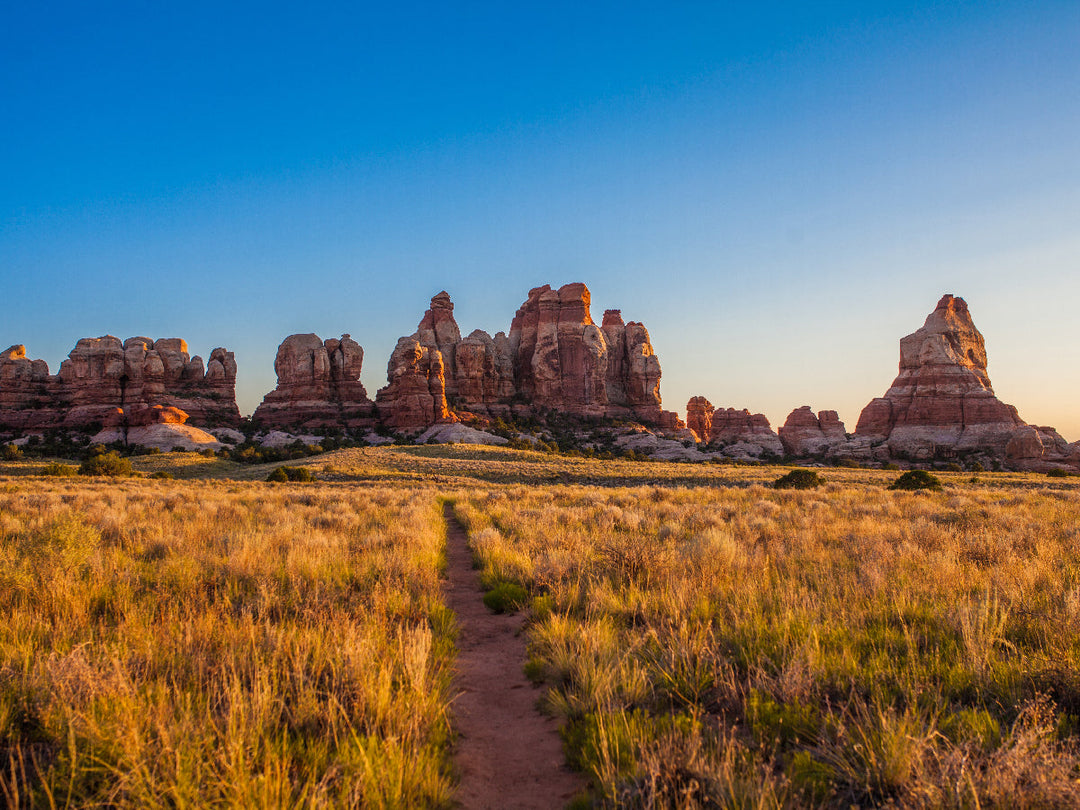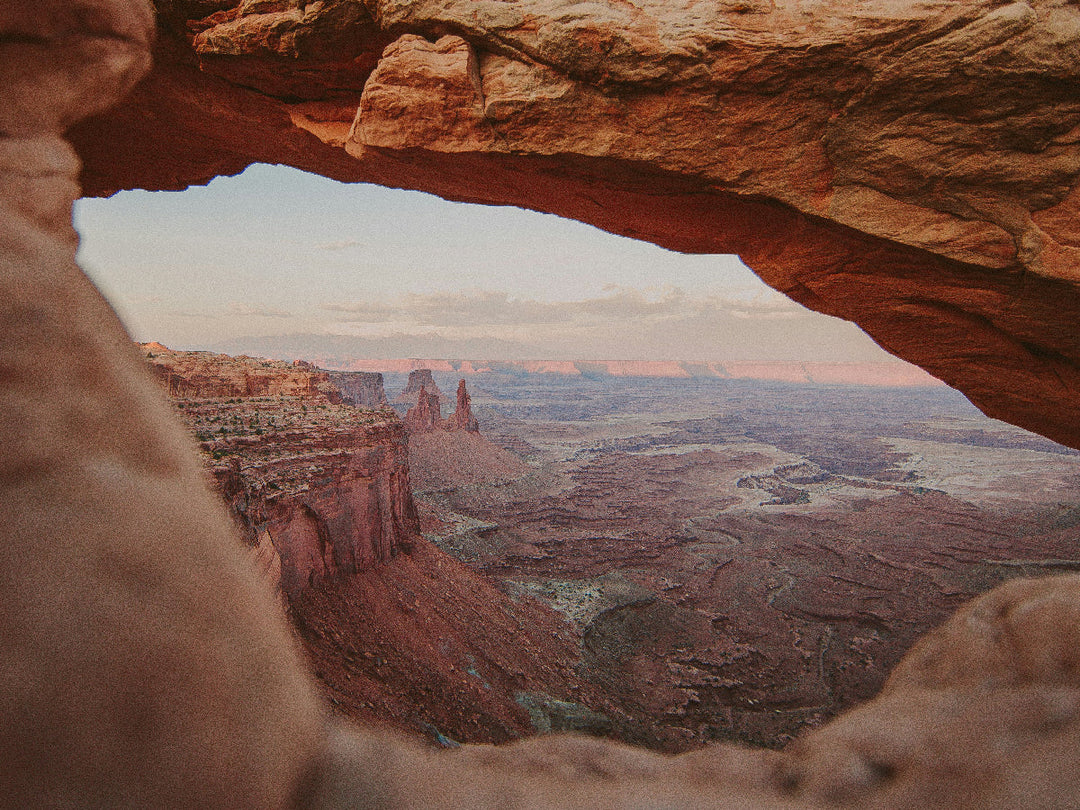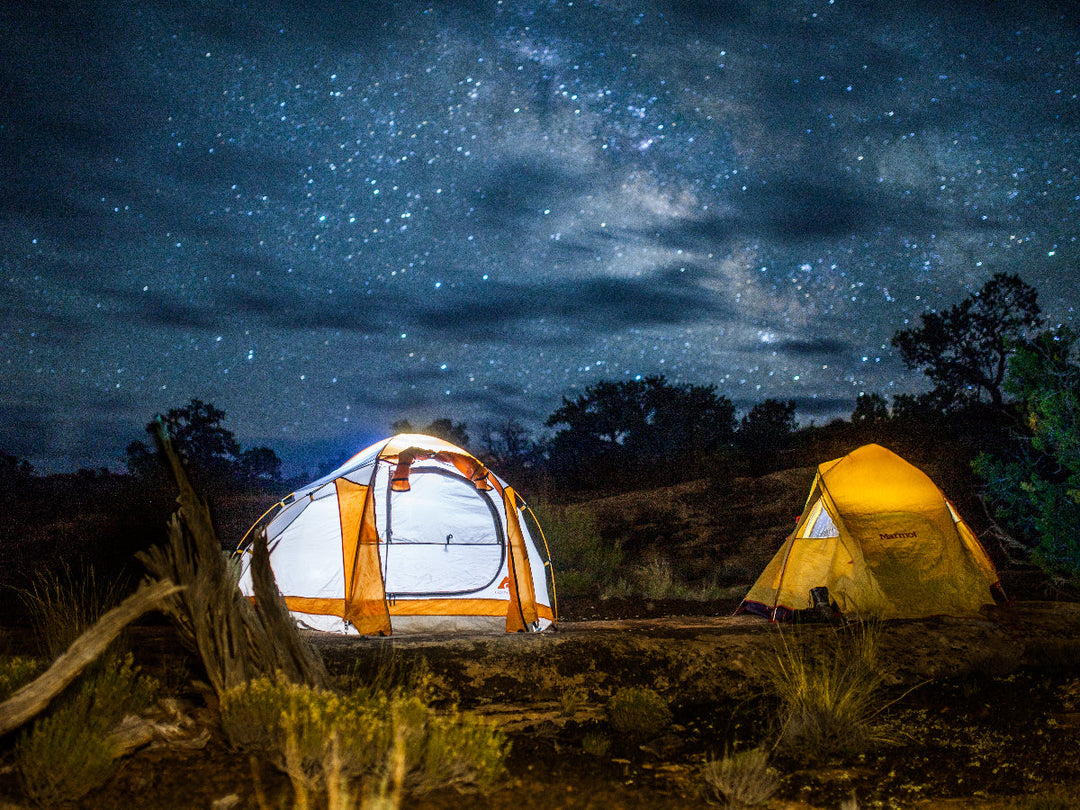Drink Up: How to Treat Water in the Backcountry | Backpacker's Pantry

Your Guide to Clean, Pure Water in the Wilderness
Looks can be deceiving, and that seemingly pristine mountain stream may not be as clean as you think. Even crystal clear water sources can harbor stomach-wrecking protozoa, bacteria, and viruses. And while some people seem to be blessed with strong immune systems, most of us aren’t so fortunate.
Luckily, you have several water treatment options that can be easily used in the backcountry — here are some of the best, time-tested wilderness hydration solutions.
Boiling water in the backcountry
Boiling water kills any living organisms, which is your ultimate goal. It’s the most straightforward way to treat water and it doesn’t require any special filters or UV lights, but it does take time. If you intend to boil all of your drinking water, make sure to plan for the extra time needed and remember to pack enough fuel for your camp stove.
One downside to boiling water is that it doesn’t remove any particles or sediment. That’s why this tends to be a good option for high alpine environments with nice flowing streams.
Using water filters to treat water
If sediment is a concern, water filters are a good option (they also block bacteria and protozoa, but not viruses). You can use a pump filter, gravity filter, or even a water bottle with a filtering straw for small batches of H2O. When choosing, pay attention to:
-
Capacity/output, or how quickly the filter can do its job.
-
Cartridge life, or how many gallons of water can be cleaned before a replacement is needed.
-
Weight of the system, an important consideration for backpackers.
For the best tasting water, look for a filter with charcoal, which will help eliminate any unpleasant tastes and scents.
UV light water purifiers
These wand-like tools use high-intensity UV light to mess with the DNA in bacteria, protozoa, and viruses, making them unable to reproduce. They’re very easy to use and don’t weigh much, but they do require batteries and the bulbs could potentially break in transit if you aren’t somewhat careful. They also only work in relatively clear water, so filtration may still be needed for water with a heavy sediment content.
Chemical drops and treatments for water
Bringing a water cleaning backup along doesn’t hurt when you use a UV light or filter for your backcountry water needs, and chemical treatments are a lightweight option you can stash in an emergency kit. Iodine tablets and chlorine dioxide are two effective methods that many backpackers swear by, especially the ultralight backpacking crowd.
Some chemical treatments can leave an unpleasant taste in the water, so read up on reviews if that’s a concern. If the water you’re treating has sediment and other organic matter floating around, you may also want to filter it before drinking.
No matter how you treat water before drinking in the backcountry, the most important thing is that you do treat it. Choose one of these methods on your next wilderness adventure and you’ll be good to go.
Backpacker's Pantry provides gourmet adventure food for outdoor enthusiasts of every level and background. Browse our lightweight, nutritious food for the trail.
